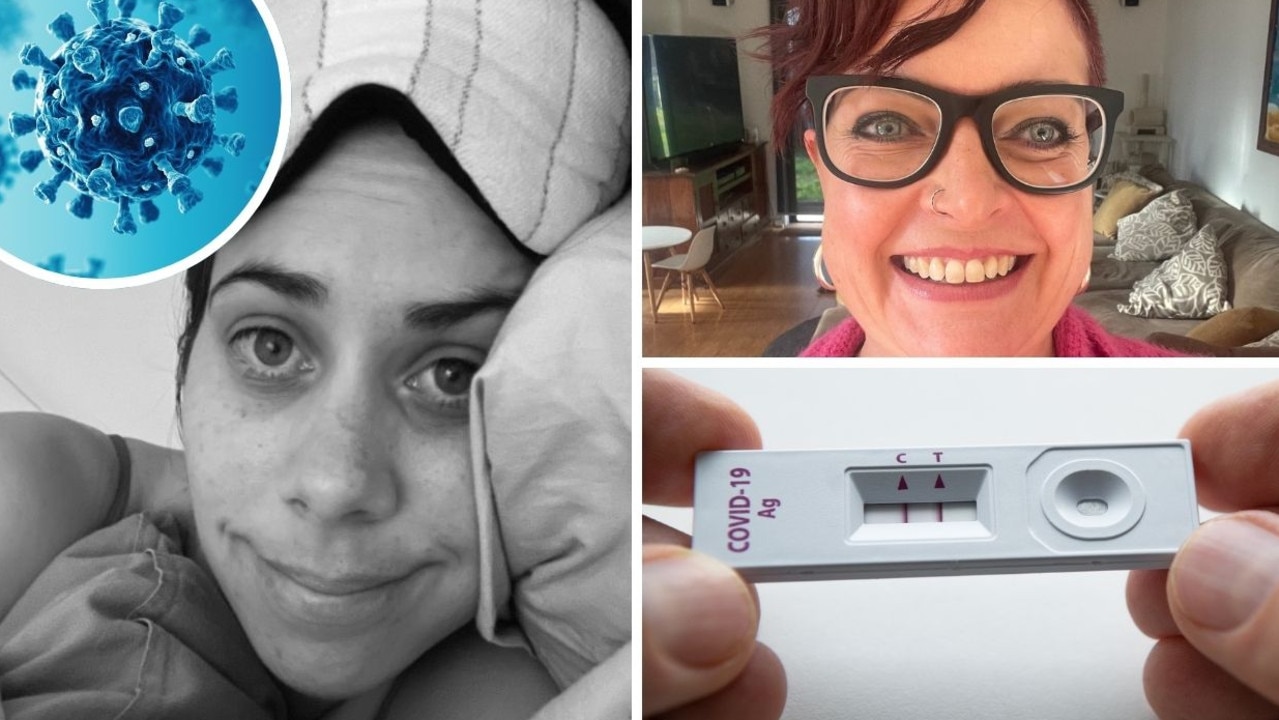Medical experts reveal how Australia can beat the Omicron Covid-19 outbreak
Australia’s top medical experts have revealed what has gone well, what has been a “disaster” in our Covid-19 strategy and what must happen next.
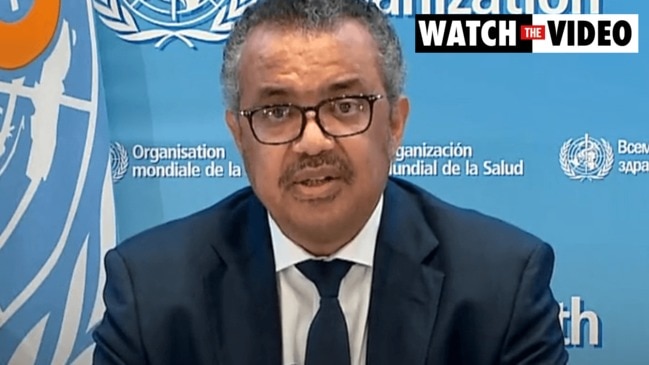
Coronavirus
Don't miss out on the headlines from Coronavirus. Followed categories will be added to My News.
For nearly two years, Australians got used to the idea of lockdowns and tough restrictions to stop the spread of the dangerous Delta virus and other Covid-19 variants.
More than 18 million Australians have now been fully vaccinated, and there have been more than 2.9 million booster jabs put into arms.
It’s a race against time to get more people vaccinated, as the Omicron variant continues to spread while the nation adjusts to the ‘new normal’ of living with Covid-19.
But with cases rapidly rising to new records across each state and territory daily, many experts have questioned and criticised the government’s strategy.
Within this ongoing national debate, they have suggested there are better ways of managing public health policy as we “ride the wave” of Omicron, which has been found to be less severe than the Delta strain by a body of global scientific data.
Despite this, Prime Minister Scott Morrison defended our strategy after the latest national cabinet meeting this week by saying: “We were one of the first countries to move to shut our border. We were criticised at the time, but it was the right decision, and we have maintained those important border controls over the entire period of the pandemic.”
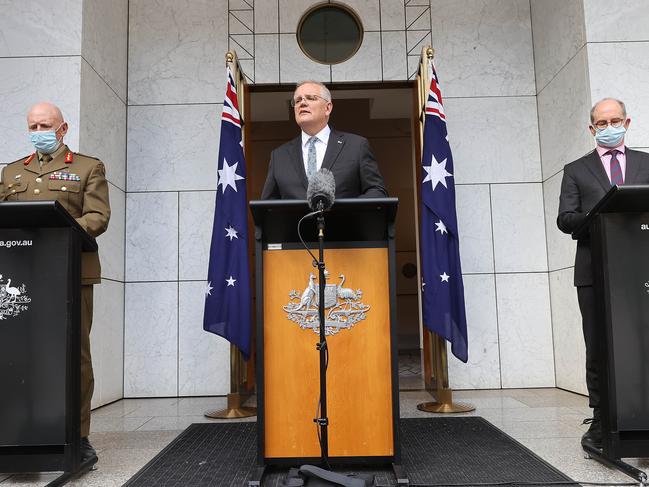
The country’s chief medical officer, Paul Kelly, also confirmed hospitalisation rates had decoupled from case numbers.
He said the amount of people needing treatment, as a proportion of cases, are running at a third of what they were under previous strains.
Health Minister Greg Hunt added there has been a reduction of Covid-19 positive patients on ventilators in the past few weeks.
Here, we asked three experts to give us their views of what has gone well and what has wrong in our Covid-19 pandemic strategy and what they want to see happen next in Australia, as we face the Omicron outbreak head-on.
PROFESSOR PETER COLLIGNON, INFECTIOUS DISEASE EXPERT, ANU
CHANGE ATTITUDES TO COVID
Professor Collignon said Australia needs to changes view of Covid-19 and the idea of “zero Covid”.
“Given that the circumstances have changed and the consequences of infection are now much, much less for those vaccinated than before, we’ve got to actually be able to adjust for a much, a different risk-based approach” he said.
“In the past, you know, a year ago it was quite appropriate to have a zero Covid strategy to suppress it and shut borders because you had a non-immune population and potentially lots of deaths, look what happened in Europe and America.
“Now we are not in that situation because we’ve got a quite highly protected population by world standards.”
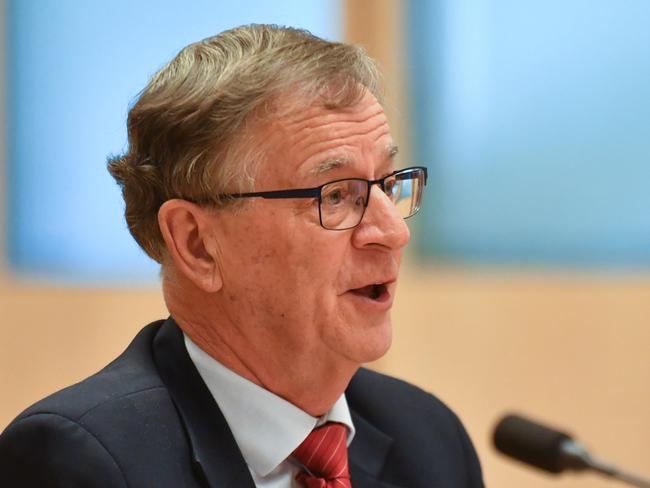
KEEP RAPID ANTIGEN TESTING GOING
“I think they they’ve got advantages because you’re seeing an answer in 16 or 20 minutes. “The disadvantage is they probably only pick up 50 per cent of cases.
“Now that’s still better than nothing because you pick up 50 per cent and if you’re symptomatic, they pick it up probably 80, 90 per cent, which is good.
“We also have to accept that the total number of cases we are going to measure, we’re going to miss a lot because people will be at home.
“But, so what has to be our main focus is keeping people, stopping people from dying or keeping that to a minimum and stopping people from getting into hospital.”
SOME RESTRICTIONS TO CONTROL INFECTION
Prof Collignon said we do have to accept that we may need some restrictions in order to be proportionate to the consequences of the infection.
“You may well have to accept density limits in bars. For instance, we know what the super spreading areas are,” he said.
“You know, bars, nightclubs, pubs.
“And we may have to accept either four square metre, two square metre limits, some issues with masks.”
CHANGE OUR ‘SICK’ CULTURE
He said the idea of “soldiering on” at work needed to change.
“So if you’re sick, you keep away from people because at the moment, if anybody’s sick, you probably ought to assume it’s Covid.
“Even if you have a negative antigen test and then you’ve got influenza, the common cold, or Covid, you still should not give it to other people.
“And the best way of doing that is to keep your distance, even in your own home.”
DR CHRIS MOY, AMA VICE PRESIDENT
UNADULTERATED HEALTH ADVICE
Dr Moy said the states needed to have “unadulterated health advice” because health advice actually means you get better results, not just health of people, but also for the economy.
“The failure to have the QR codes and the masks is actually coming back to bite NSW because in fact it’s turned out to be a false economy,” he said.
“Because in fact people have got so infected that places are closing down because of the furloughing of sick staff.”
CONTROL BORDERS TO GET MORE BOOSTER SHOTS
He said some of the states needed to look at pulling the lever of border controls to ensure as many people get vaccinated with a booster.
“Fire as many boosters shots out there because not only does each person get protected from more serious disease, but what happens is that builds up this overall immunity,” he said.
“This is our way crucial way out.
“Now the problem NSW is almost everyone is going to get infected before they get a chance to get a booster.”
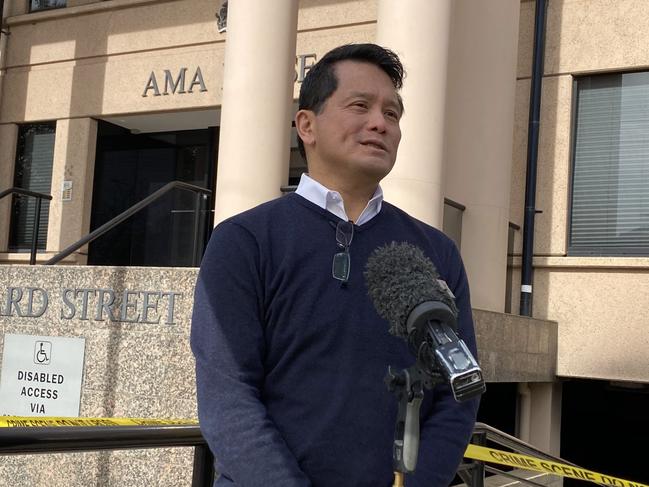
BUY MORE TIME WITH MORE RESTRICTIONS
Dr Moy said we needed to get back to basics to try to buy time to ensure the peak of the Omicron outbreak is not too high.
“You need to slow things down so you’re stopping get the peak from being too high. So that people all end up sick at the same time, forget this furloughing and testing,” he said.
“It’s about whether you want everybody sick at the same time, which overwhelms not only health system, and everything else for essential services becomes a problem.”
He suggested some states introduce more density limits, keep up QR codes and mask wearing.
MORE RAPID ANTIGEN TESTING
Dr Moy said the RATs needed to be in play earlier and the “outsourcing of it has been a disaster”.
“We weren’t ready for this essentially,” he said.
“This reliance on private market means that they weren’t ready for this essentially.
“What public should have done was to have a whole lot of ready to go so that we could use that as part of this, we’re essentially trying to do this one arm amputated.”
PROFESSOR TONY BLAKELY, EPIDEMIOLOGIST, UNIVERSITY OF MELBOURNE
MORE RESTRICTIONS OUTSIDE OF NSW, VICTORIA
Professor Tony Blakely has said NSW and Victoria made their decision to “let it rip” with lifting restrictions over New year and Christmas, and while he understands people don’t want more restrictions, he said other states should consider trying to slow the spread of Omicron down so the peak is not as high.
“If I was the chief health officer in South Australia, Tasmania, the Northern Territory, and Queensland, certainly in the future, I’d look to do it a little bit smarter than what we did in NSW in Victoria, simply because letting it rip, the total severity of hospitalisations and death looks like it’s not going be too bad. But it’s not going be nothing,” he said.
“If I was a chief health officer in the other states and territories, I would look to try and slow things down a bit. just so the peak is not as high.
“What the downside of that is it’ll make it last longer. So rather than four to eight weeks, it’ll be eight to 12 weeks, something like that, but it’s probably worth it.”
“I would advise restrictions that aren’t too onerous like reducing the number of visitors to homes, asking people to work at home where they can.
“If the numbers go up and those other states and territories, it just helps to take the edge off the top of that peak and make it a bit easier for the health services.”
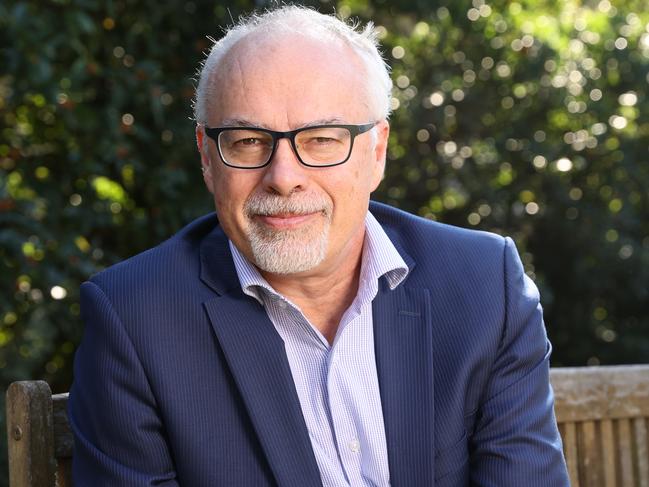
NSW AND VICTORIA’S STATE OF PLAY
Prof Blakely said he is suspicious that NSW is peaking right now, and said “there’s not much more than can be done at the prevention side”.
“Cases will start coming down soon,” he said.
“The things they can do is ensure their health services are working well, they’re looking after their staff, all those things on the treatment end now.”
He also said NSW was smart in furloughing staff from hospitals who were on the phones to do care of patients at home.
“I think that care of people in home that could be run really well. So that people are confident to stay at home and don’t need to go to hospital and they’ve got good care.”
IMPROVE RAPID ANTIGEN TESTING SURVEILLANCE
Prof Blakely said we “stuffed up” rapid antigen testing, but said we need to improve our surveillance system with positive results and also ramp up supply of kits so we can be prepared for the next wave.
VACCINATE AS MANY KIDS AS POSSIBLE
Getting as many jabs as we can into the arms of kids will help them face the next variant may be, Prof Blakely said.
“Getting kids vaccinated will also stop school closures,” he added.
GET MORE BOOSTERS OUT
The more people who get a booster vaccine, the better. “Australia will be in a very resilient place in the next three to four months, because of our vaccinations and boosting, and somewhere between a third and two thirds of us are going to get Omicron and get natural immunity from that,” he said.
IMPROVE VENTILATION IN SCHOOLS AND WORKPLACES
Prof Blakely said improving ventilation in areas where we congregate, including schools and workplaces was “basic” and was key to helping us get through the pandemic as we return to normal life.





